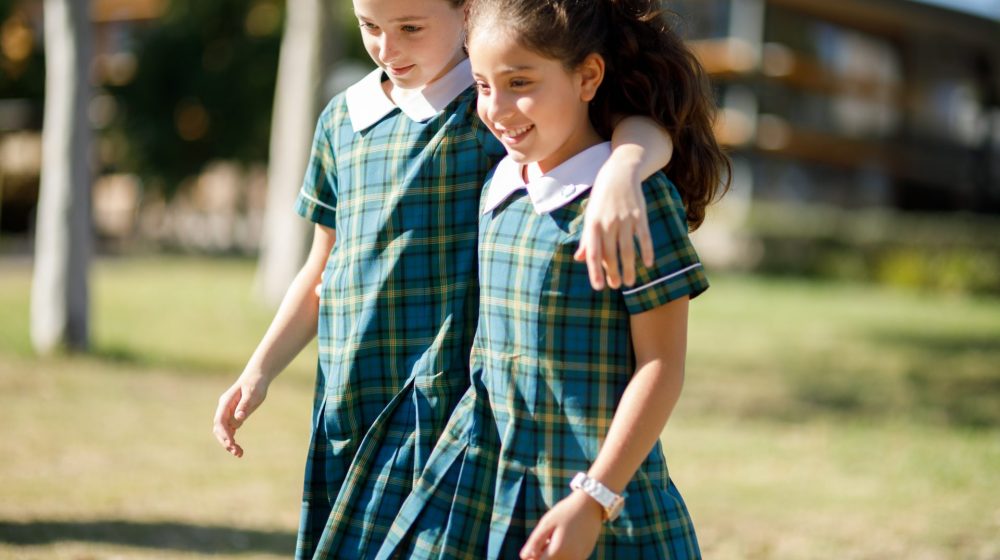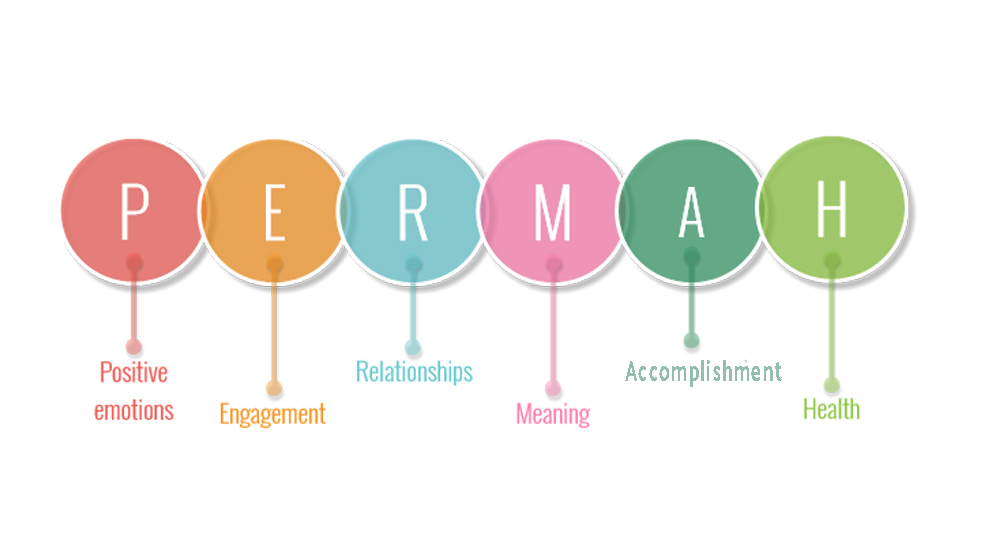Published on August 1, 2020
There is no silver bullet to caring for and growing your own and your children’s wellbeing.
Just like the dashboard in your car, no single gauge tells you how well your car is running, but rather it is a combination of all of the important information you possess.

Martin Seligman, a pioneer and prominent researcher in the field of positive psychology, suggests that wellbeing is cultivated by the presence in our lives of positive emotion, engagement, relationships, meaning, accomplishment and health (PERMAH). The gold standard model for wellbeing is PERMAH, and your own and your children’s wellbeing relies on a combination of all of them.
A shortfall in one area adversely affects the others, and in these current uncertain times, this could easily occur should we all not be vigilant. As novelist James Baldwin said, “Children have never been very good at listening to their elders, but they have never failed to imitate them.”
There are some simple things you can do as a family to ensure each of the elements of PERMAH are healthy.
P – Positive Emotions + Gratitude: it is the frequency of positive emotions, not their intensity, which has the greatest influence on growing your own and your children’s wellbeing. For everyone, social connection is the best way to achieve this. To self-generate positive emotions, try these things: exercise first thing every morning, text a friend who is struggling, aim to do three kind acts every day and Facetime grandparents.
E – Engagement + Mindfulness: your own negative mind chatter, which causes you to experience fight or flight responses will probably be the biggest thing for you to control and overcome. Remember your children are likely to imitate you. To focus yourself try: create positive I can and I will self-talk statement to combat the negatives, colour in for ten minutes and breathe deeply and slowly.
R – Relationships + Empathy: other people are the best antidotes for life’s ups and downs. Use Zoom, Skype and Google Hangout for you and your children to see happy and smiling faces, break out Uno, Scrabble and other fun games to generate laughter, have fun cooking up hot cross buns, and do Wellbeing Fitness Challenges together.

M – Meaning + Purpose: in these times, feelings of vulnerability are perfectly normal for both you and your children. To relieve these feelings, having a strong sense of purpose to focus on something bigger than yourselves to devote your energies to, will assist. As a family, make cards to drop in the letterboxes of elderly people in your street, make fun family videos, and as a family follow and learn about a caring charity.
A – Accomplishment + Optimism: to cultivate feelings of optimism in your family that together you can influence your own futures, set a goal at home every day. Try starting a vegetable garden with your children, paint a room or piece of furniture, do one extra sit up or push up, encourage your children to complete one thing at a time from their teachers or an online wellbeing activity.
H – Health + Strengths: to keep your own and your children’s immune systems strong, focus on the big five – healthy fresh eating, one hour’s exercise, at least 8 hours sleep, drinking plenty of water and looking on the bright side of life. An uplifting family activity is to identify your top character strengths by doing the free online Strengths Survey at www.viacharacter.org. Everyone puts their strengths on the fridge and tries spotting them.
Reference: Principals’ Digest, Vol 26; Acknowledgement: Mick Walsh, The Learning Curve
